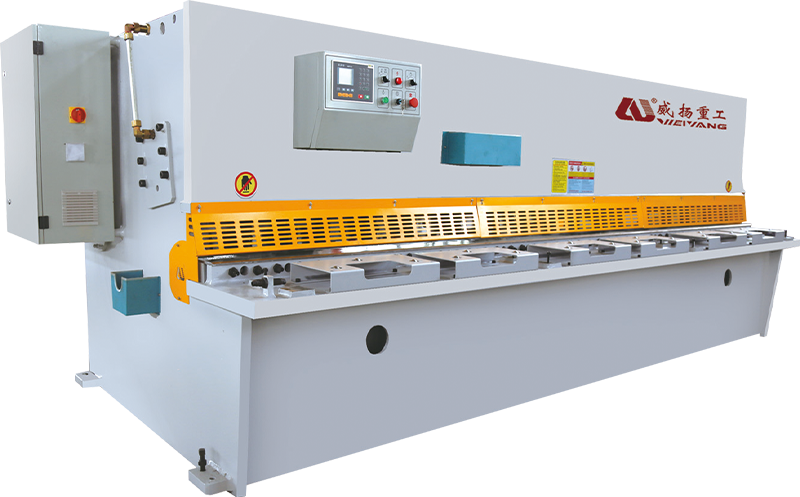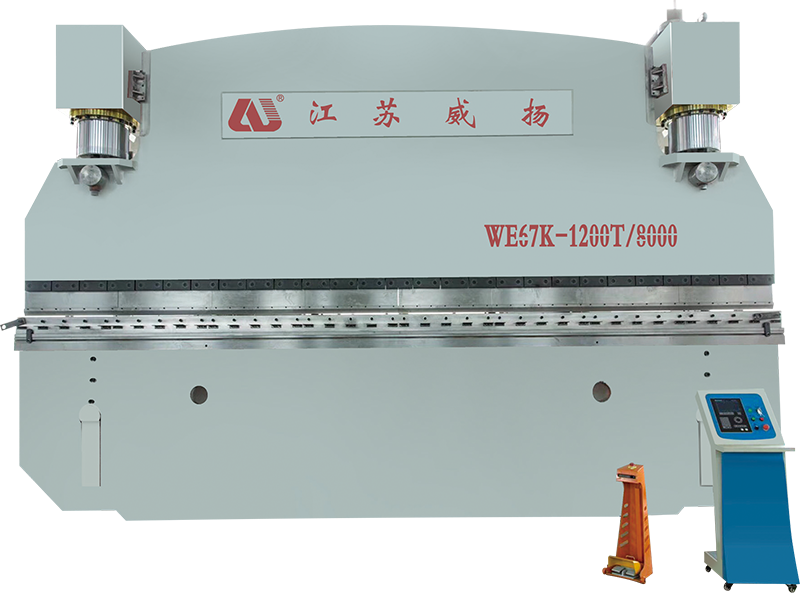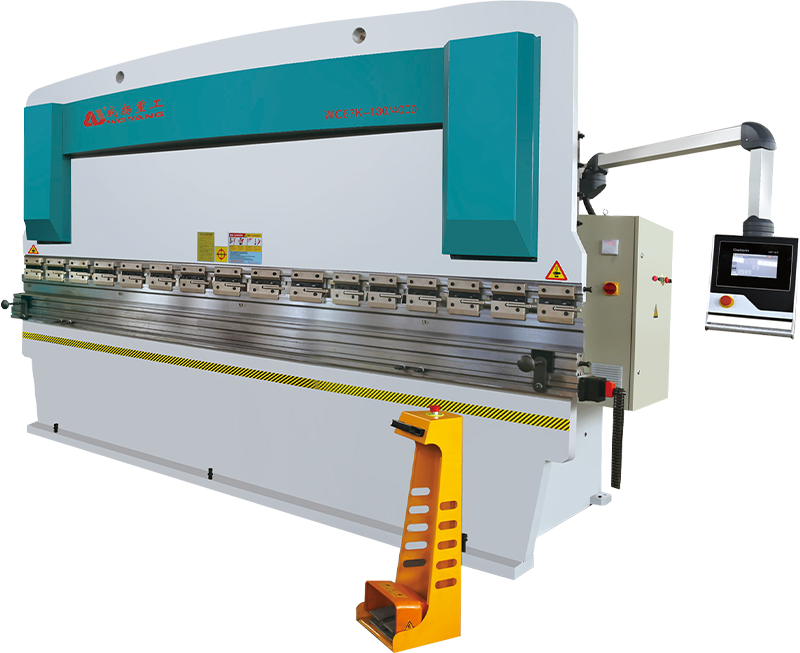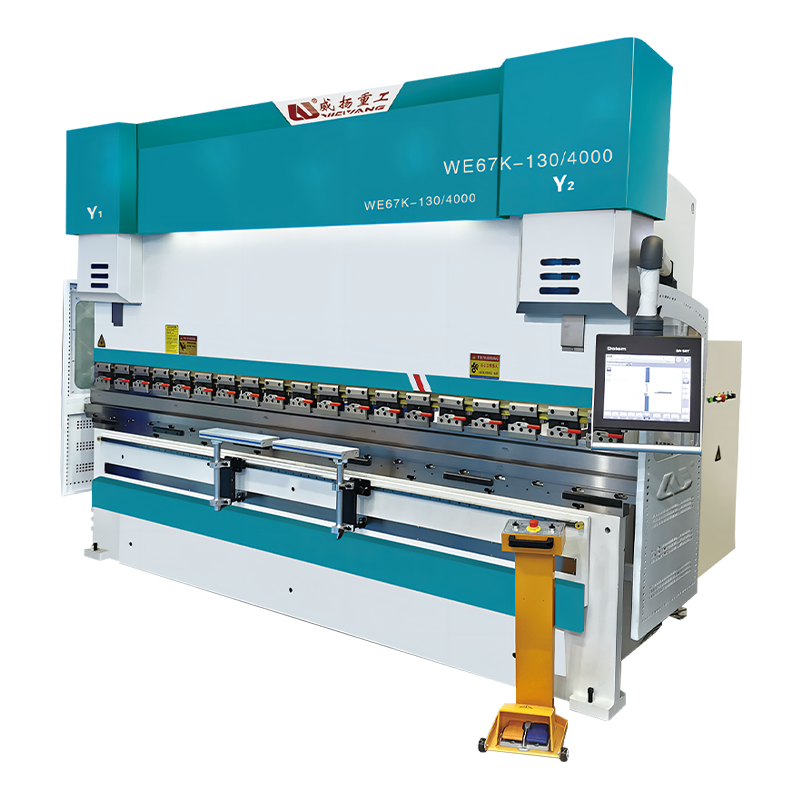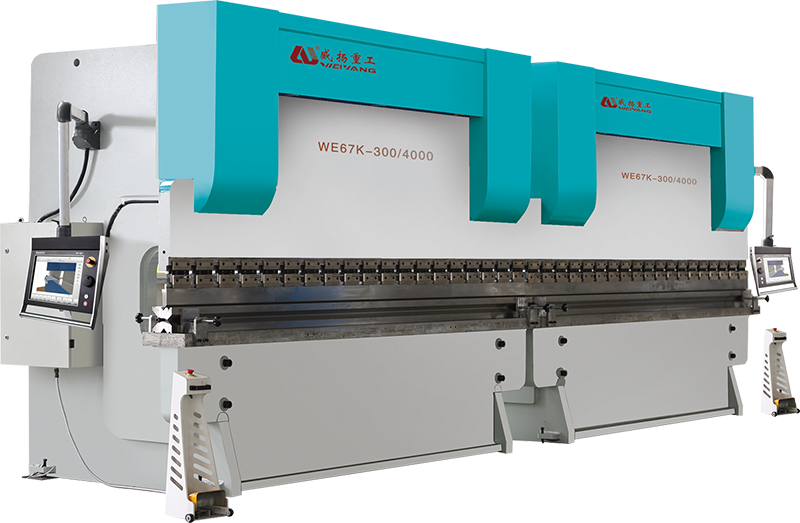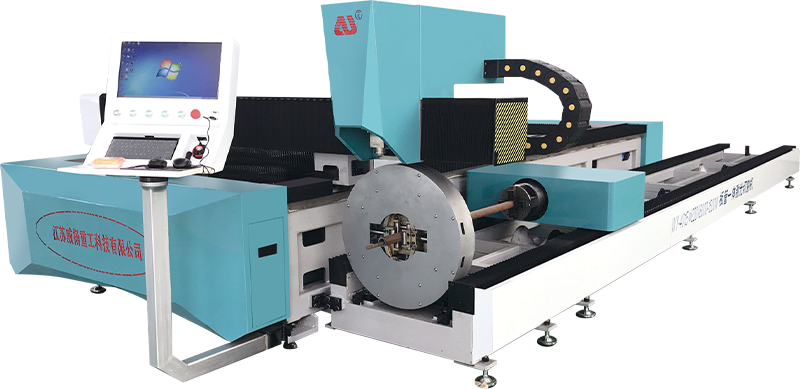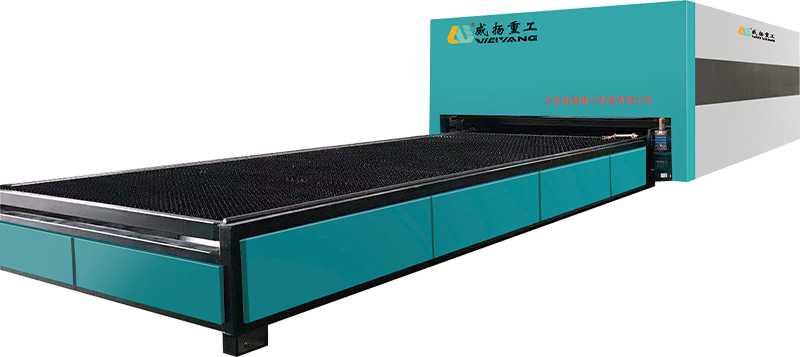How does the Fully automatic CNC bending machine handle variations in material properties, such as hardness or elasticity?
Adaptive Control Systems: Fully automatic CNC bending machines are equipped with highly sophisticated adaptive control systems that employ real-time monitoring and adjustment capabilities. These systems utilize advanced sensors and feedback mechanisms to continuously track the bending process parameters, such as force, displacement, and material deformation. For instance, when bending a high-strength steel with significant hardness, the system detects the increased resistance and automatically adjusts the bending force and speed to achieve the desired bend angle without causing damage to the material or the tooling. Conversely, when dealing with more elastic materials like aluminum alloys, the system may reduce the force to prevent over-bending. This dynamic adjustment ensures precision and consistency across various material types and thicknesses.
Material Database: Many state-of-the-art CNC bending machines come with an extensive integrated material database that includes detailed information on a wide range of materials, such as their yield strength, tensile strength, ductility, and elasticity. For example, the database might contain specific data for different grades of stainless steel, aluminum, and copper alloys. When an operator selects a material from this database, the machine automatically configures its settings to match the material's properties. This feature significantly reduces setup time and minimizes the risk of errors.
Feedback Loops: Closed-loop feedback systems are essential for maintaining high precision in CNC bending operations. These systems use a network of sensors to provide continuous real-time data on various aspects of the bending process, including bending angle, material thickness, and tool position. For instance, if the system detects a deviation in the expected bending angle due to material spring-back, it immediately sends this information to the machine's control unit, which then adjusts the bending parameters to correct the deviation. This real-time correction capability is particularly crucial when working with materials that exhibit unpredictable behavior, such as those with varying hardness or elasticity.
Tooling Adjustments: CNC bending machines are designed to accommodate a wide range of tooling setups to handle different materials effectively. The machine's control system can automatically adjust the position, angle, and pressure of the bending tools based on the selected material's properties. For example, harder materials like high-carbon steel may require more robust tooling and higher bending forces, while softer, more elastic materials like copper may need gentler handling to avoid deformation. Some advanced CNC bending machines are equipped with automated tool changers that can switch between different tool setups quickly and efficiently, further enhancing the machine's versatility and productivity.
Pre-Bend Testing: To ensure optimal performance, some CNC bending machines conduct pre-bend tests on the material. This involves performing a small preliminary bend to assess the material's response. The machine uses the data collected from this test to fine-tune its settings for the specific batch of material. For example, if the pre-bend test reveals that the material has higher elasticity than anticipated, the machine can adjust the bend angle and force to compensate for the expected spring-back. This proactive approach ensures that the machine is accurately configured before the actual production run, reducing the likelihood of errors and improving overall bend quality.





